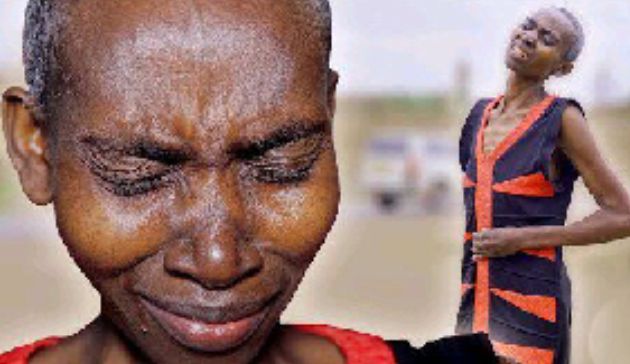Don’t fear victimisation, report acts of corruption – Citizens urged

The Commission for Human Rights and Administrative Justice (CHRAJ) has encouraged Ghanaians not to fear victimisation for exposing public officials and other persons who indulge in acts of wrongdoing and corruption.
Mr Solomon Segu Arthur, an Investigator of CHRAJ at Dormaa East, made the call at a public forum organised by the National Commission for Civic Education (NCCE) with support from the European Union at Wamfie in the Dormaa East District of the Bono Region.
It was on the theme: “Public Accountability and Environmental Governance,” and attended by heads of departments, civil/public servants, private sector workers including market women, assembly members, traditional rulers, students and the general public.
Speaking on the topic: “Whistleblowing Mechanism and Anti-Corruption, The Role of a Citizen,” he said the Whistleblowers Act 720 (2006) was enacted to check wrongdoing and acts of corruption, which were gaining roots in every facets of national life.
Mr Arthur urged the citizenry to report such acts to the appropriate authorities such as the Attorney-General’s Department, Auditor-General’s Department, National Media Commission, CHRAJ, NCCE, Police, Economic and Organised Crime Office, traditional rulers and family heads for thorough investigations and prosecution.
He assured whistleblowers of their special immunity and protection, saying such persons were to be shielded by the state, provided claims made against anyone was backed by concrete evidence.
Mr Arthur said there was the urgent need to protect national resources, which were being plundered by individuals thirsty for their selfish gains, instead of seeking the collective interest of the state.
He noted that although there were laws before the introduction of the Whistleblower’s Act, they were not biting enough.
“Providing proof of claims and concrete evidence is extremely vital in this process,” he said, as people could make claims based on hatred.
Mr Jason Nyarbah, the Environmental Health Officer for Dormaa East, entreated residents to consult his outfit for directives on the disposal of liquid and solid waste to promote proper and good sanitation practices.
He cautioned the people against indiscriminate littering and defecation to prevent outbreak of preventable diseases like cholera and malaria to reduce government expenditure on public health.
Source: www.ghanaweb.com





